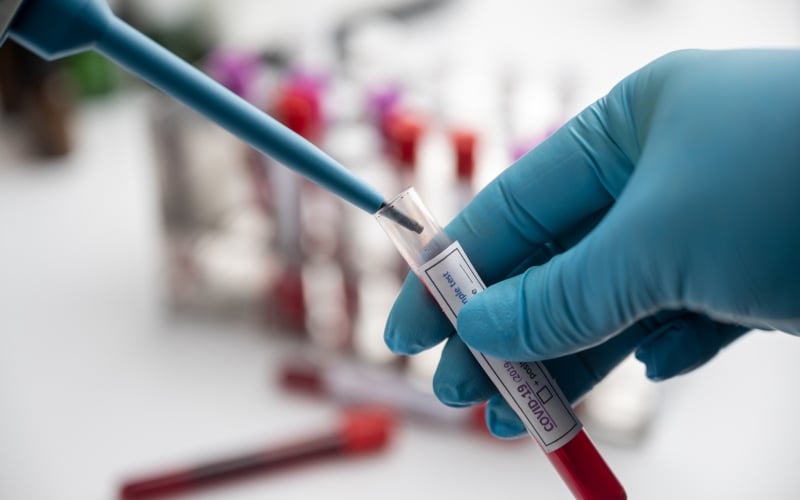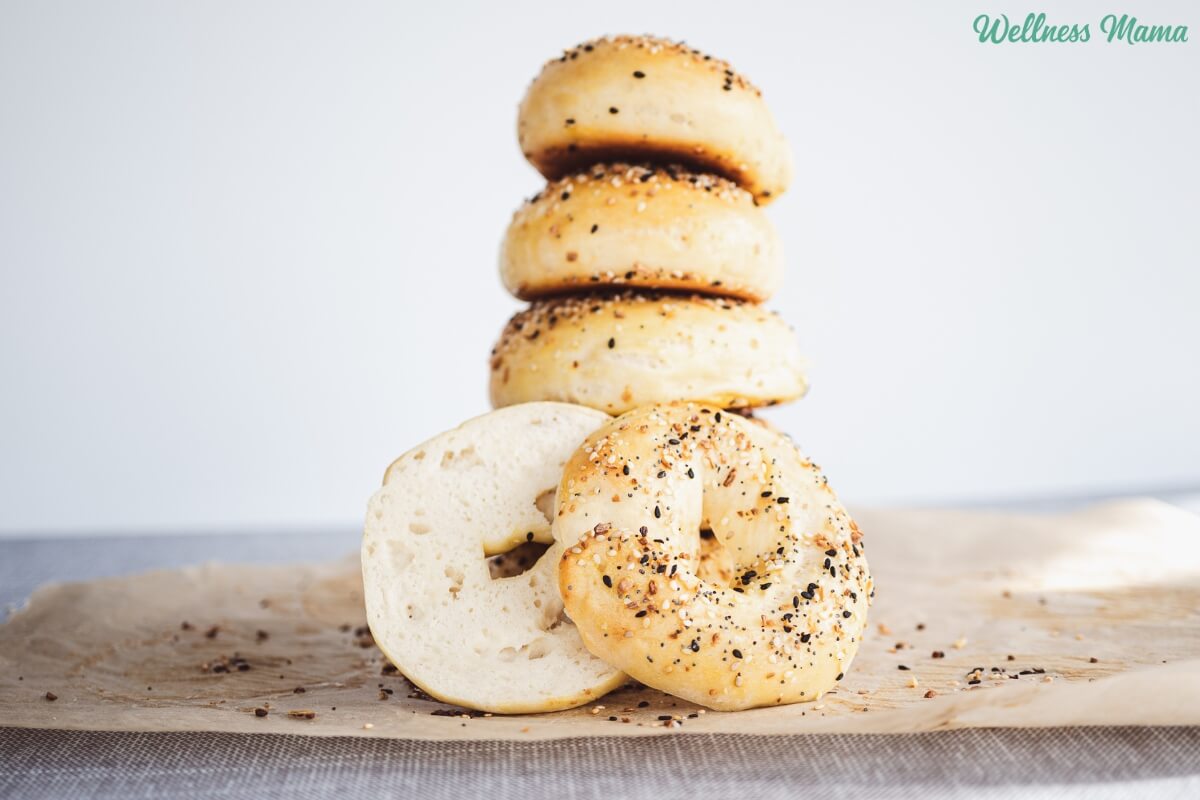 Author: Hannah FryeMay 8, 2023
Author: Hannah FryeMay 8, 2023 mbg Assistant Beauty EditorBy Hannah Fryembg Assistant Beauty EditorHannah Frye is the Assistant Beauty Editor at mindbodygreen. She has a B.S. in journalism and a minor in women’s, gender, and queer studies from California Polytechnic State University, San Luis Obispo. Hannah has written across lifestyle sections including health, wellness, sustainability, personal development, and more.Image by Pedro Merino / StocksyMay 8, 2023Our editors have independently chosen the products listed on this page. If you purchase something mentioned in this article, we may earn a small commission.
mbg Assistant Beauty EditorBy Hannah Fryembg Assistant Beauty EditorHannah Frye is the Assistant Beauty Editor at mindbodygreen. She has a B.S. in journalism and a minor in women’s, gender, and queer studies from California Polytechnic State University, San Luis Obispo. Hannah has written across lifestyle sections including health, wellness, sustainability, personal development, and more.Image by Pedro Merino / StocksyMay 8, 2023Our editors have independently chosen the products listed on this page. If you purchase something mentioned in this article, we may earn a small commission.Everyone is going to get wrinkles at some point. While injectables, filler, and plastic surgery can mask physical skin aging to some degree, they're not necessarily helping your skin age better or healthier. Of course, you should feel free to indulge in whatever skin care practices make you feel most comfortable, but you should also know that those treatments only tackle the aesthetics.
Luckily, there are some natural ways to actually slow down the formation of wrinkles and contribute to healthier skin overall. Below, find a few methods:
Advertisement
This ad is displayed using third party content and we do not control its accessibility features.1.Be diligent with moisturizer
If you aren't using a deeply hydrating moisturizer at least twice a day, you should start. "You would be surprised how many of the mild to moderate wrinkles on your face are simply due to lack of hydration," biotech scientist Lauren Otsuki, co-founder of biotech skin care brand Ourself, recently shared on the Clean Beauty School podcast.
For those already using moisturizer twice daily, consider adding a hyaluronic acid serum to your routine or practice natural "slugging" by layering a plant-based face oil over your moisturizer in the evening.
2.Take a daily collagen supplement
What does collagen have to do with skin aging, anyway? It's simple: A loss of collagen causes wrinkles. Let's not forget that your skin is made up of collagen; it's an essential part of the structure of our skin, bone, cartilage, and muscle that helps tissues to be more elastic and withstand stretching (so, for example, it keeps skin looking young and supple).
beauty & gut collagen+ powder
A powerful daily ritual for glowing skin and strong hair & nails*
★ ★ ★ ★ ★★ ★ ★ ★ ★(158)
Shop now Shop now
Shop nowWhile you do make your very own supply of collagen naturally, it declines as you age. Starting in your 20s, collagen levels decrease about 1% each year1 (we know—much sooner than expected).
Plus, other lifestyle and environmental factors can reduce your collagen production, such as sun damage, high-sugar diets2, stress, and more—you can read about all of them here. However, consuming collagen peptides has been shown to help promote your body's natural production of collagen1 and result in plumper, firmer skin.
Not sure how to find a trustworthy collagen supplement? Scan this list of approved options from a nutrition Ph.D. to get started.
Advertisement
This ad is displayed using third party content and we do not control its accessibility features.3.Never, ever, skip sunscreen
It doesn't matter if you're going outside on a cloudy day, you're sitting by a sunny window, or you "never get sunburned": Everyone should be wearing sunscreen daily. You know those fine lines, dark spots, and wrinkles that pop up sooner than you expected? That's probably due to sun exposure.
In fact, 80% of all physical signs of skin aging can be attributed to sun exposure3, research shows. Consider that your motivation to wear sunscreen daily, if no other skin-aging tip has resonated with you in the past. Here, you can find our favorite formulas, in case you need to restock your supply.
The takeaway
While wrinkles are unavoidable to some degree, you can slow down the process with diligent skin care practices. Do your best to wear sunscreen every day, use a topical moisturizer twice daily, and take a collagen supplement to support your natural levels. Then for a full, expert-backed aging skin routine, feel free to check out this guide.
 Hannah Fryembg Assistant Beauty Editor
Hannah Fryembg Assistant Beauty EditorHannah Frye is the Assistant Beauty Editor at mindbodygreen. She has a B.S. in journalism and a minor in women’s, gender, and queer studies from California Polytechnic State University, San Luis Obispo. Hannah has written across lifestyle sections including health, wellness, sustainability, personal development, and more. She previously interned for Almost 30, a top-rated health and wellness podcast. In her current role, Hannah reports on the latest beauty trends, holistic skincare approaches, must-have makeup products, and inclusivity in the beauty industry. She currently lives in New York City.











